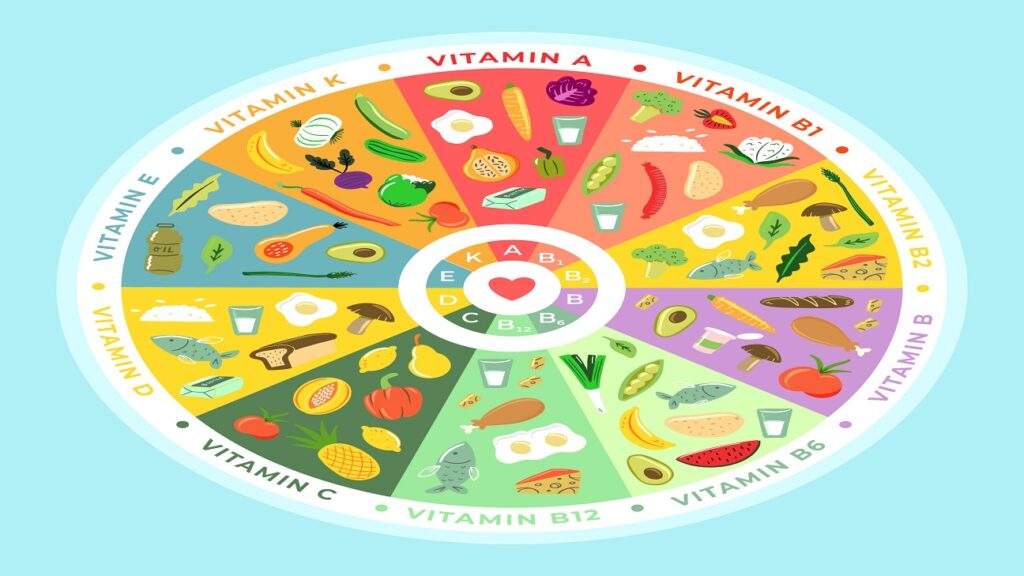
Your heart is one of the most vital organs in your body, and keeping it healthy is essential for maintaining overall health and well-being. One way to do this is by making dietary changes that reduce your intake of red meat and incorporate more plant protein (1
PubMed Central
Highly respected database from the National Institutes of Health
Go to source ) and dairy into your diet.
Red meat is a rich source of protein, but it is also high in saturated fat and cholesterol. Consuming too much of it can increase your risk of developing heart disease, which is the leading cause of death worldwide. On the other hand, plant protein sources like beans, lentils, and nuts, as well as dairy products like low-fat milk and yogurt, can provide the protein your body needs without the added cholesterol and saturated fat.
The Health Issues with Red Meat
Red meat is a common source of protein in many diets, but it is also associated with several health issues. One of the main concerns with red meat is that it is typically high in saturated fat and cholesterol, which can increase the risk of heart disease and stroke.
Additionally, cooking red meat at high temperatures can produce compounds that have been linked to cancer. Studies have shown that consuming high amounts of red meat is associated with an increased risk of several types of cancer, including colorectal, pancreatic, and prostate cancer.
One reason for this is that red meat contains heme iron, which can promote the production of harmful chemicals called free radicals in the body. These free radicals can damage cells and contribute to the development of chronic diseases.
In addition to heart disease and cancer, red meat consumption has also been linked to an increased risk of type 2 diabetes, obesity, and other chronic diseases. For example, a study published in the American Journal of Clinical Nutrition found that consuming red meat was associated with an increased risk of type 2 diabetes, while replacing red meat with healthier protein sources, such as nuts and legumes, was associated with a decreased risk.
It’s important to note that not all types of meat are created equal. Processed meats, such as bacon, sausage, and hot dogs, are particularly concerning due to their high levels of sodium and preservatives. The World Health Organization has classified processed meats as a Group 1 carcinogen, meaning they are known to cause cancer in humans.
In conclusion, while red meat can be a good source of protein, it is important to be aware of the potential health risks associated with consuming high amounts of it. To reduce your risk of chronic diseases, consider substituting with healthier protein sources, such as plant-based options like beans, lentils, and nuts, as well as lean meats like poultry and fish.
Substituting with Nuts and Dairy
If you’re looking to reduce your consumption of red meat and incorporate more plant-based sources of protein into your diet, nuts and dairy are great options. Nuts are rich in protein, healthy fats, fiber, vitamins, and minerals, making them an excellent addition to your diet. They can be added to salads, oatmeal, or eaten as a snack on their own. Some examples of nuts that are high in protein include almonds, cashews, and pistachios.
Dairy, such as low-fat milk and yogurt, can also provide protein and can be used as a substitute for meat in many recipes. For example, you can use Greek yogurt instead of sour cream in your recipes or add milk to your smoothies for extra protein and creaminess. Just make sure to choose low-fat or fat-free options to keep saturated fat intake low.
Lower Disease Risk
In addition to improving heart health, eating less red meat and more plant protein and dairy can lower the risk of various other diseases. Here are some examples:
- Cancer: Plant-based diets have been linked to a lower risk of certain types of cancer, such as breast and colon cancer. This is likely due to the anti-inflammatory properties of plant-based foods, as well as their ability to support the immune system and prevent DNA damage.
- Type 2 Diabetes: Research has shown that plant-based diets can help improve blood sugar control and reduce the risk of type 2 diabetes. This is likely because plant-based foods are rich in fiber, which slows the absorption of sugar into the bloodstream and helps maintain healthy blood sugar levels.
- Obesity: Eating a plant-based diet can also help with weight management, which is another significant risk factor for heart disease and other chronic diseases. Plant-based foods tend to be lower in calories and higher in fiber, which can help you feel full and satisfied while consuming fewer calories overall.
Incorporating more plant protein and dairy into your diet doesn’t mean giving up meat entirely. Instead, you can make conscious choices about the types and amounts of meat you consume. For example, you can swap out beef for black beans in your chili recipe or replace your morning bacon with a serving of Greek yogurt or a protein-packed smoothie.




